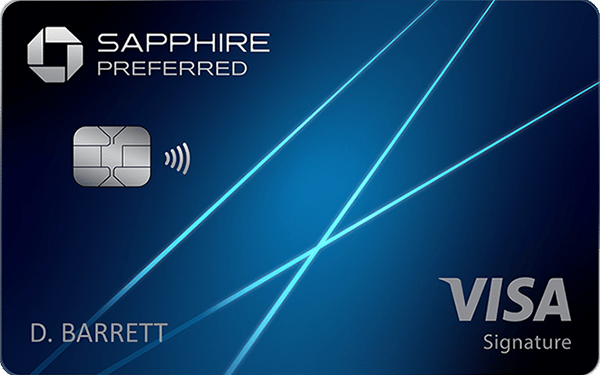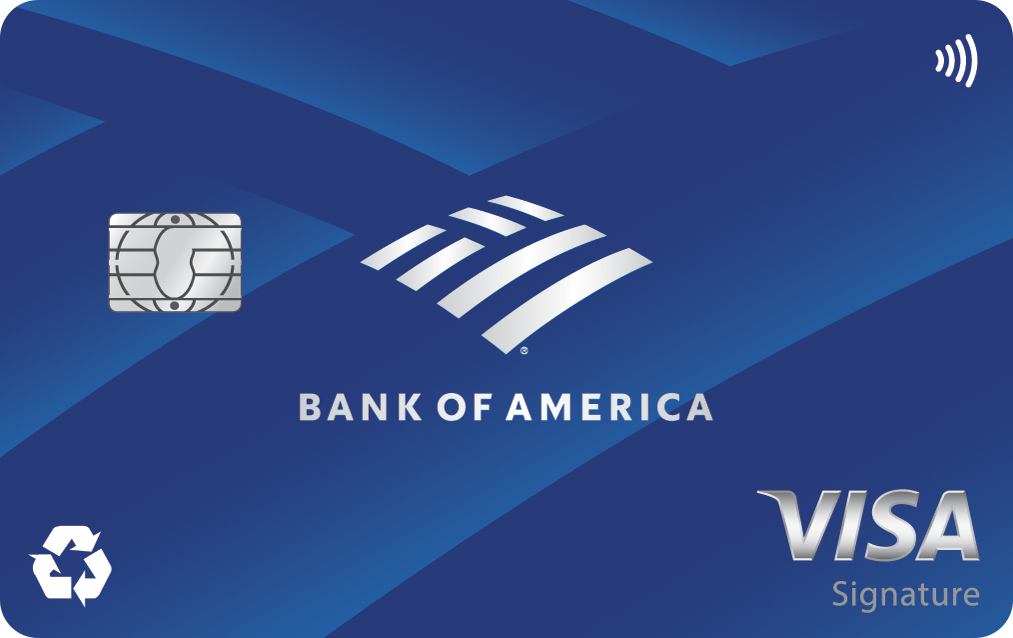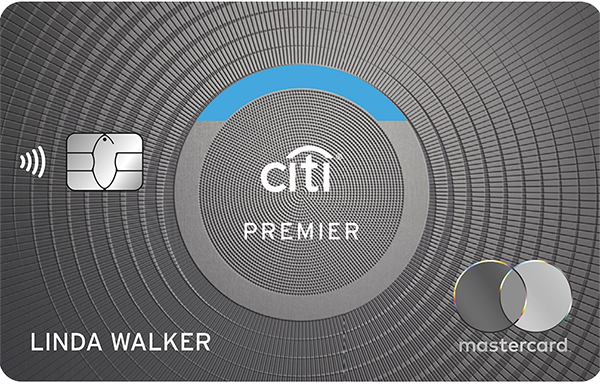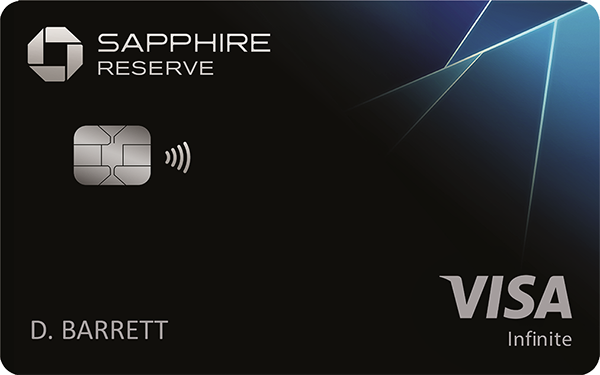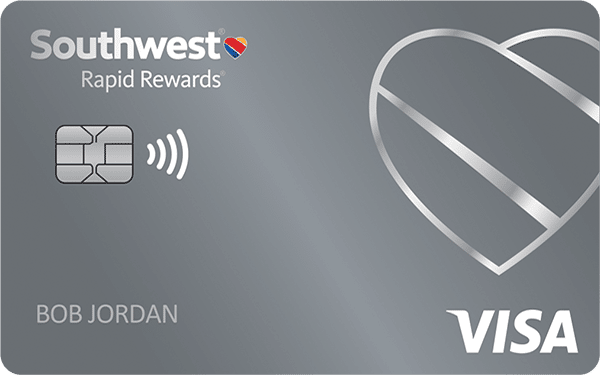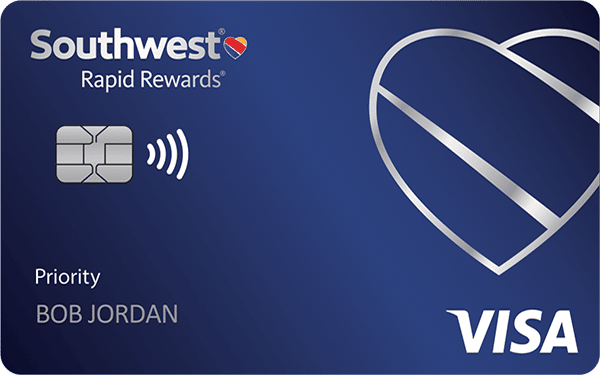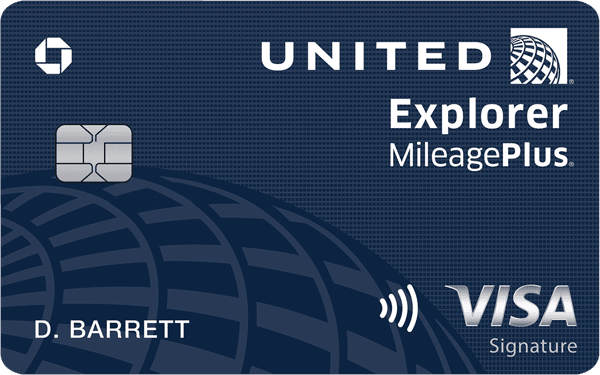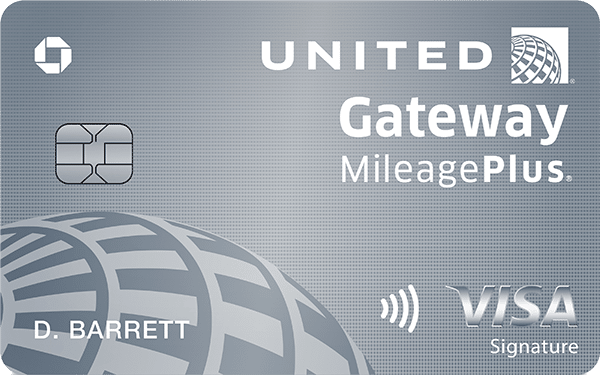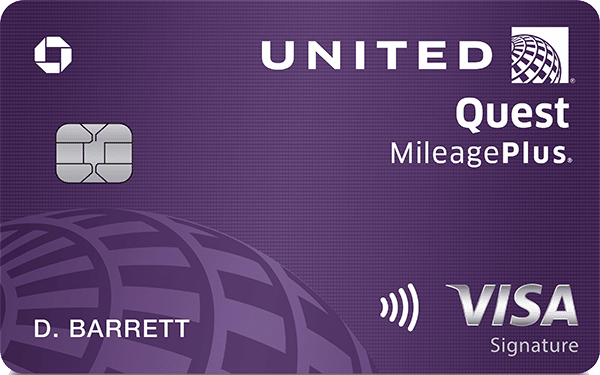Getting a New Travel Card How to Choose a Travel Credit Card
Your spending habits and travel preferences are key considerations when searching for the best travel credit card
-
1
Think About Which Airlines and Hotels You Love
Look for a card that partners with your favorite airlines and hotels so you can maximize where you spend your points. You don’t want to earn thousands of points toward vacations you don’t want to take.
-
2
Compare Earning Rates
Learn what points and miles are worth for different cards before you commit. Look at the card’s travel partners and the transfer ratio too.
-
3
Review the Sign-Up Bonus
The best credit card bonuses can kick-start your vacation plans, but make sure you can afford the spending requirements.
-
4
Research Travel Credits
Some travel cards offer a yearly travel credit or rebate, which is a nice incentive if you are paying an annual fee.
-
5
Pay Attention to Points Redemptions
Take a look at a card’s rewards program before signing up to ensure it’s right for you. Ideally, your points should be easy to redeem toward travel with companies you love.
-
6
Weigh the Annual Fee Against the Perks
An annual fee is not an automatic negative. You just need to weigh the fee against the value you can get from the card to see if you can come out ahead.
Types of Travel Credit Cards
There’s more than one type of travel rewards credit card out there and narrowing down your options might net you more rewards:
- Airline credit cards: Airline cards help you earn rewards specifically for air travel. Some are tied to a certain airline (great for brand loyalists) and some can be used through the card issuer’s program for multiple airlines.
- Hotel credit cards: This type of travel card offers perks for hotel brands, such as free night awards, higher-level membership in hotel programs or higher rewards rates for hotel spending.
- Everyday travel credit cards: Many travel credit cards offer broader trip-related rewards and perks so you have more options for airfare, hotel and other travel redemptions.
The key to finding the best travel credit card for you is to determine your travel frequency and type of expenses, consider whether you have any favorite airline or hotel brands, and research cards to find the right fit.

How Travel Credit Cards Work: Point Redemption and Earning Tips
How to Get the Most Out of Your Travel Rewards Credit Card
If you want to be one of those credit card success stories where the user pays for their whole trip to Tahiti with points, you need to use your travel rewards credit card right. Here’s how the pro card users get the most of their travel rewards:
- Earn the sign-up bonus: The bonus is designed to reel you in and get you spending. However, if you plan ahead, you can use the bonus to your advantage. Keep tabs on how close you are to earning it and use your regular spending (or planned big purchase) to meet the requirements.
- Pay your monthly statement: Staying on top of your monthly payments is essential if you want to increase your credit. It’s also important not to carry debt on your card because interest charges can easily negate any travel points you earn.
- Understand the perks: Take full advantage of your card’s benefits. This could be using yearly credit and rebate offers, airport lounge access or companion passes to ensure your card saves you money each year.
- Put all of your spending on the card: You may not rack up enough travel points if you don’t use your card on big and small purchases alike. Load your card into your Amazon or Uber Eats account or set it up to automatically pay your phone bill. But be sure you’re not overspending just to earn rewards.
- Earn bonus point opportunities: Keep an eye on your card’s bonus offers and shopping portal. You may be able to score additional points on online shopping, for example, just by going through the card issuer’s link.
Quick Tip
All cards set their points at a different evaluation. It’s key to know the baseline point valuation, though, so you can set that as a minimum worth.
Say your points are worth 1.8 cents per mile. If you have 50,000 points to redeem, that’s $900. If you wanted to use your points to book a flight, you would then find out how many miles or points the flight is versus how much it would cost in cash.

Should You Book Your Next Trip With Points and Miles or Cash?
Perks of Travel Credit Cards
Travel credit cards are designed with frequent fliers and other travelers in mind. Here are some of the perks you’ll find with many of the best travel credit cards:
- No foreign transaction fee: It’s not always the case, but the majority of travel cards do not charge a foreign transaction fee since card issuers know you’ll likely be using these cards abroad.
- Expedited security: Many travel cards offer a credit every four years for Global Entry, NEXUS, or TSA PreCheck® to help you get through security faster at the airport.
- Priority boarding: This common travel credit card perk will help get you on the plane and settled in for your flight ahead of your fellow travelers.
- Free checked bags: One or two free checked bags is fairly common among travel cards and a perk worth looking for if you tend to bring a few bags when you fly.
- Lounge access: Higher-end cards often provide airport lounge access. It’s not available with all travel cards, so if you want this perk, be sure to check the card’s offerings.
- Rewards designed for travel spending: These cards are for travelers, so you’ll often earn more in rewards when you spend on airfare, hotel stays and other traveling expenses.
Pros and Cons of a Travel Credit Card
Pros
- Rewards are designed for discounts on airfare and hotels
- Some have other perks like lounge access and priority boarding
- Many have travel insurance and other protections
- Can often earn rewards with everyday spending
Cons
- Some have a high annual fee
- Redeeming rewards for things other than travel usually has less value
- May have travel blackout dates
Pros of a Travel Credit Card
A travel rewards credit card could make your next trip even better with the following perks:
- Rewards designed for travel discounts: You’ll often get the most value from rewards by redeeming them for flights or hotel stays, which is perfect for travelers who want to maximize their use of a travel card.
- Perks to make your trip easier: Many travel cards come with lounge access, priority boarding, a free checked bag, or a credit toward Global Entry, NEXUS or TSA PreCheck®.
- Travel insurance and other protections: Trip interruption and cancellation insurance are common on travel-specific credit cards.
- Rewards on everyday spending: Many travel cards make it easy for you to earn rewards with your typical shopping habits, like buying groceries and gas.
Cons of a Travel Credit Card
Travel credit cards aren’t right for every situation. Here are some downsides to be aware of:
- High annual fee: Some travel cards come with a three-figure annual fee, though this is usually on higher-end cards with major perks like luxury lounge access.
- Non-travel redemptions have less value: Redeeming rewards for cash back or other options is often possible but will usually net you a lower value than using your points or miles for air travel.
- May have travel date restrictions: Check the fine print on any card to see if there are blackout dates or other restrictions before you commit to a card or move to redeem your rewards.
Is a Travel Credit Card Worth It?
Yes, a travel credit card is absolutely worth it for those who love to travel and want to save on future travel expenses. Most travel cards let you earn rewards for everyday spending and allow you to redeem them for free or reduced airfare or hotels. If you leverage all of the card’s benefits, you can even offset any annual fees.
A travel credit card is worth it if you:
- Fly a lot, especially if you have a preferred airline or hotel chain
- Can maximize the card’s rewards system
- Earn more rewards than what you’d get with another card (like a cash back card)
- Can take advantage of the card’s other perks, such as travel protections or lounge access
- Earn enough rewards to offset the annual fee
- Aren’t spending more than you would normally just to use the card or earn rewards
On the flip side, travel cards aren’t usually worth it for people who can’t get more value than the annual fee or who don’t travel a lot. If you’d rather redeem your rewards for non-travel costs (like groceries, dining or gas), you might be better off with a cash back card.
Methodology
We chose our best rewards credit cards based on the total value they offer to cardholders through ongoing rewards, welcome bonuses, 0% APR promotions and other perks. We also broke the cards down into clear categories that highlight features that credit card users are typically interested in — for example, premium travel vs. general travel, flat rewards vs. tiered rewards, and so on.
While some cards charge annual fees, we only picked ones according to the value they provide. Before you apply, take some time to compare these cards with other best rewards credit card offers to make sure you get the best fit for you.
 Related Article
Related Article
How to Open a Bank Account: A Beginner’s Guide
Frequently Asked Questions
-
Travel credit cards award you points or miles for purchases made through the card. Most travel credit cards offer bonus categories where cardmembers can earn accelerated points and miles for spending at grocery stores, restaurants, travel expenses and gas stations. Once you’ve accumulated enough points or miles, you can redeem them for travel, including flights, hotels, rental cards and other eligible expenses.
-
Airline and hotel credit cards are types of travel cards. The main difference between these categories of credit cards is that with both hotel and airline credit cards, you’ll earn points and miles that are redeemable only through the co-branded merchant. As an example, United credit cards earn MileagePlus Miles that can be used only for United flights. Likewise, Marriott credit cards earn Bonvoy Points that can only be used to book free and discounted hotel stays.
-
If your main purpose for earning credit card points is to travel extravagantly for less, then a travel card is the way to go. With cash rewards cards, you earn a percentage back on all of your purchases. Many times, a specific purchase, such as buying gas, will earn you more back than the new headsets you bought on Amazon. The best cash-back credit cards are generally easier to keep track of, and you can redeem your points as deposits into your bank account.
-
Each travel card issuer is set up differently, but most will allow you to redeem your points/miles through their own travel booking platform. If the card has travel partners, you can also transfer your points to a loyalty program and redeem them through that company’s site instead.
-
You should pay an annual fee for a travel card if you can offset it with the value you get from the card’s benefits. If you plan to take a flight and get a discount that outweighs the fee or earn rewards that surpass that cost, it may be worth it for you to have that card.
-
It depends on the credit card and the airline, but in many cases points and miles don’t expire as long as you are actively using your credit card. Some airlines may have their own policies, and miles or points specific to these organization could expire in a 12 to 18 month time frame, for example. It can take a little legwork to check the rules of your card and preferred airlines, but the savings potential is substantial if you travel a lot, so it’s worth the extra step.
-
Visa and Mastercard are the most widely accepted credit card companies abroad, while American Express and Discover are in a close race for third-most accepted. Historically, Amex has held onto that third spot, but in recent years, Discover has closed the gap. When you plan to travel, it’s always a good idea to read up on your favorite card and be sure it’s accepted broadly and has good travel perks.
-
You should get a credit card with travel rewards if you travel a lot and can earn miles for your preferred airline with your regular spending. A credit card with travel rewards is also a good fit for people who can make good use of the perks you’ll typically find on these cards, like a TSA PreCheck credit and travel insurance. If most of your spending is in other areas, like gas and groceries, you might do better with a cash back card.
-
The best travel rewards credit cards that provide lounge access tend to be travel cards that charge an annual fee. Lounge access is a perk often found on travel cards that are packed with airline benefits—and charge a fee because of it. These cards can be really appealing, but make sure you review not only the benefits but also the fees so you can figure out if you’ll be spending more just to have the card than the benefits are worth for your travel habits.



